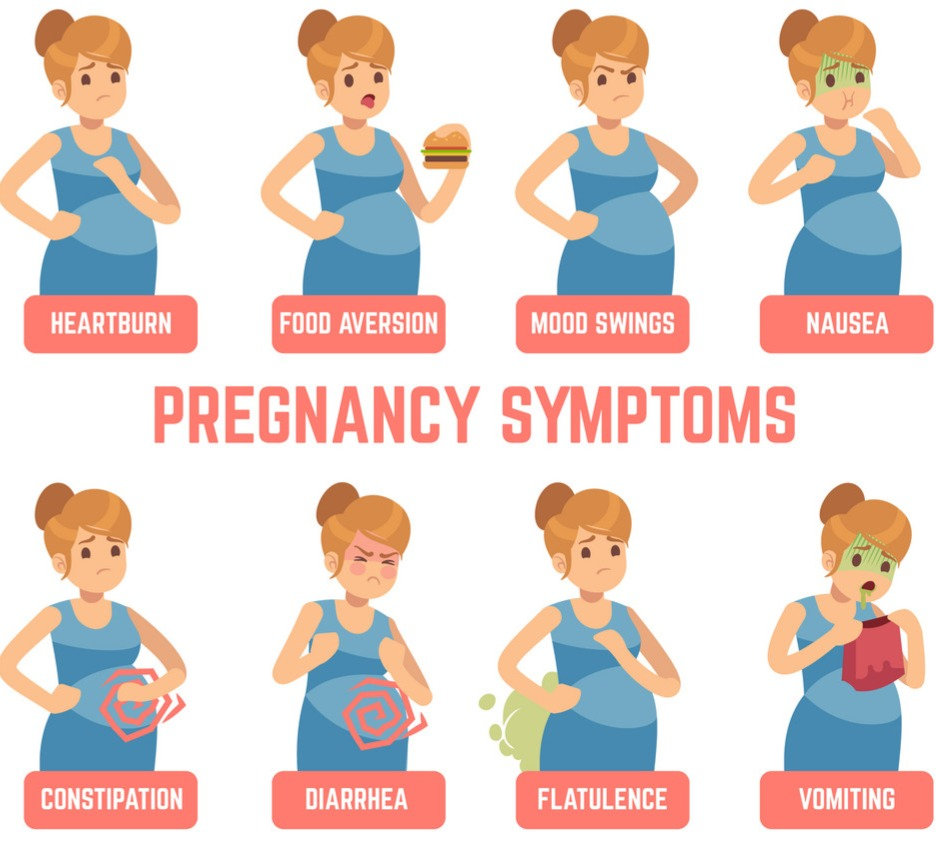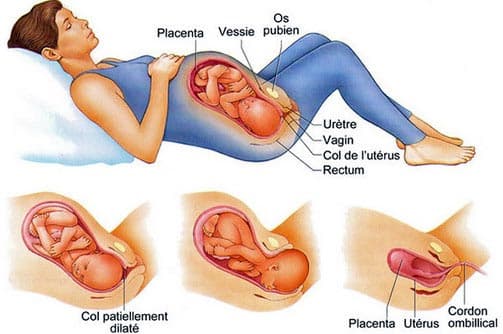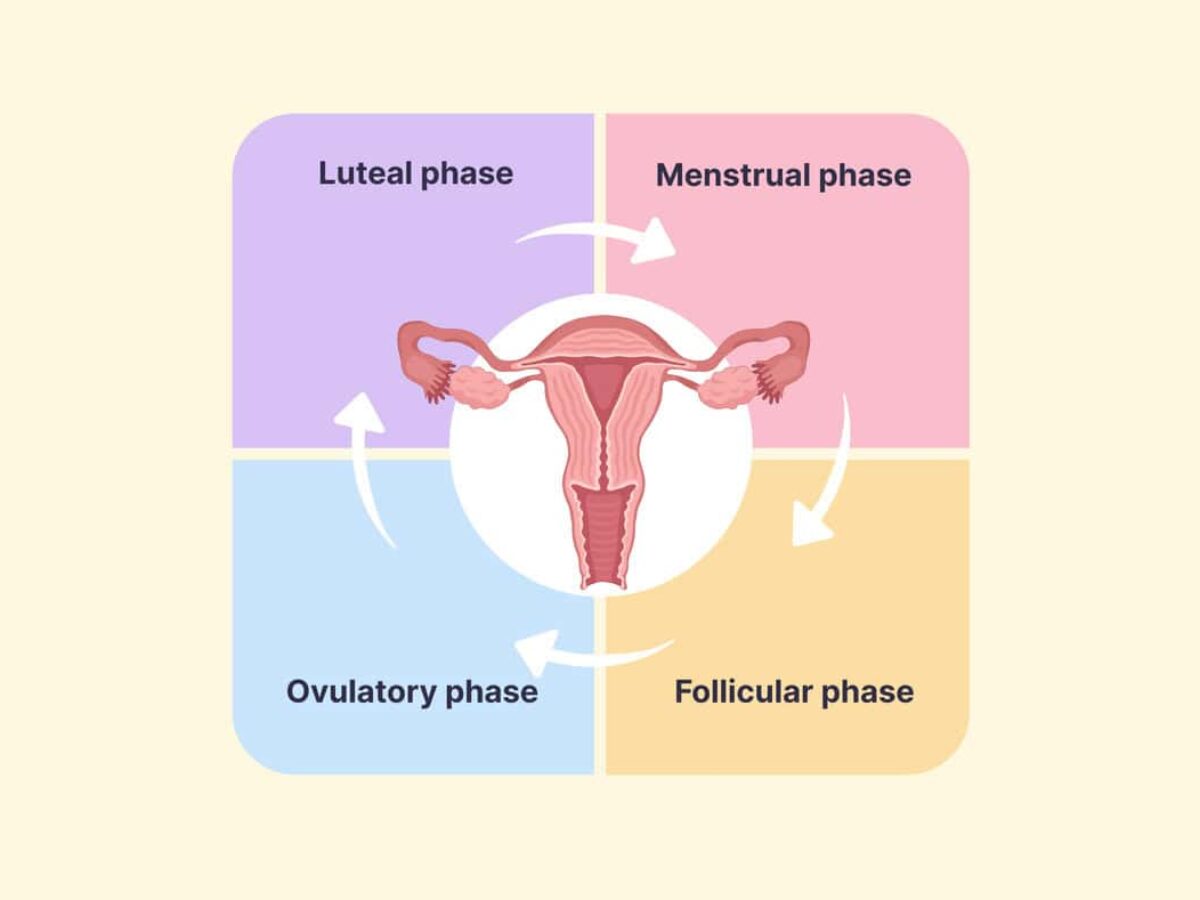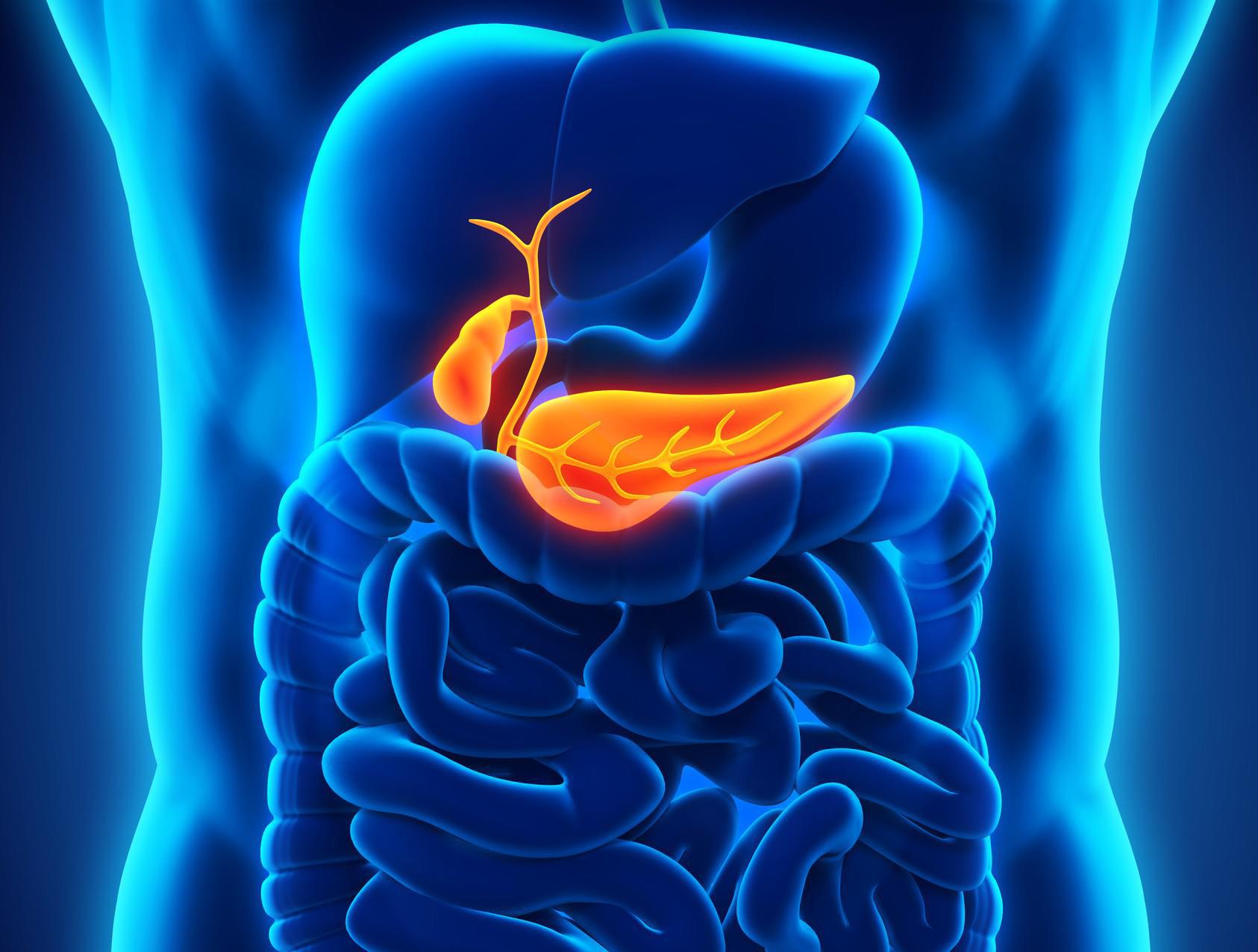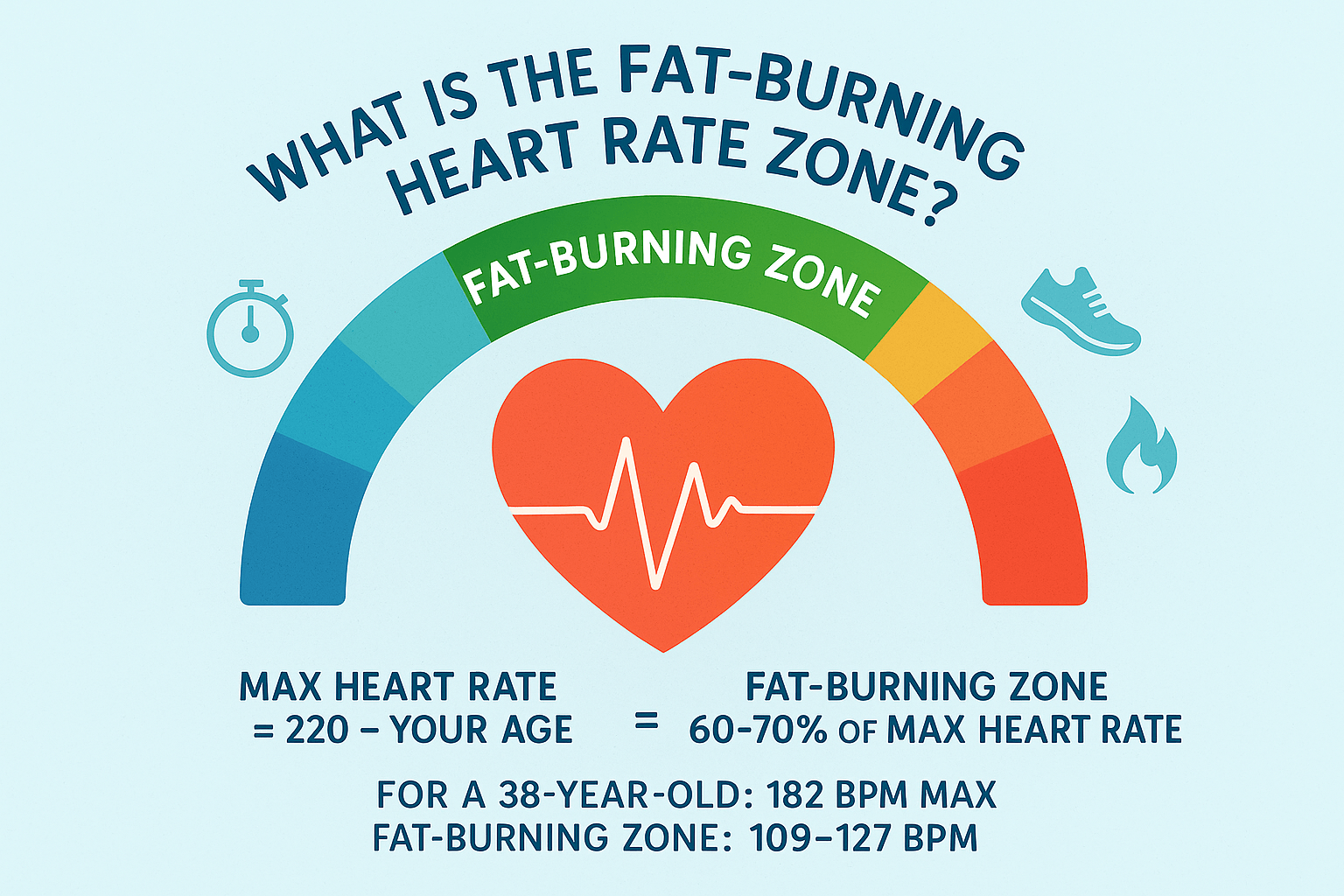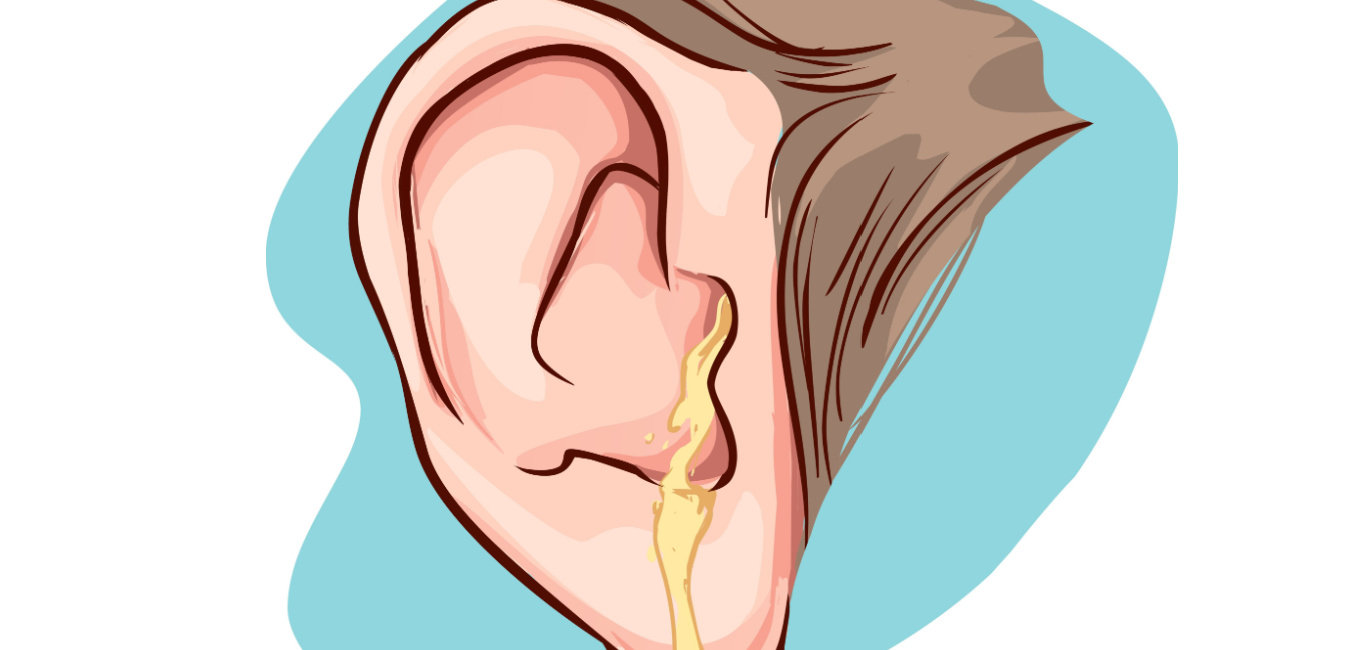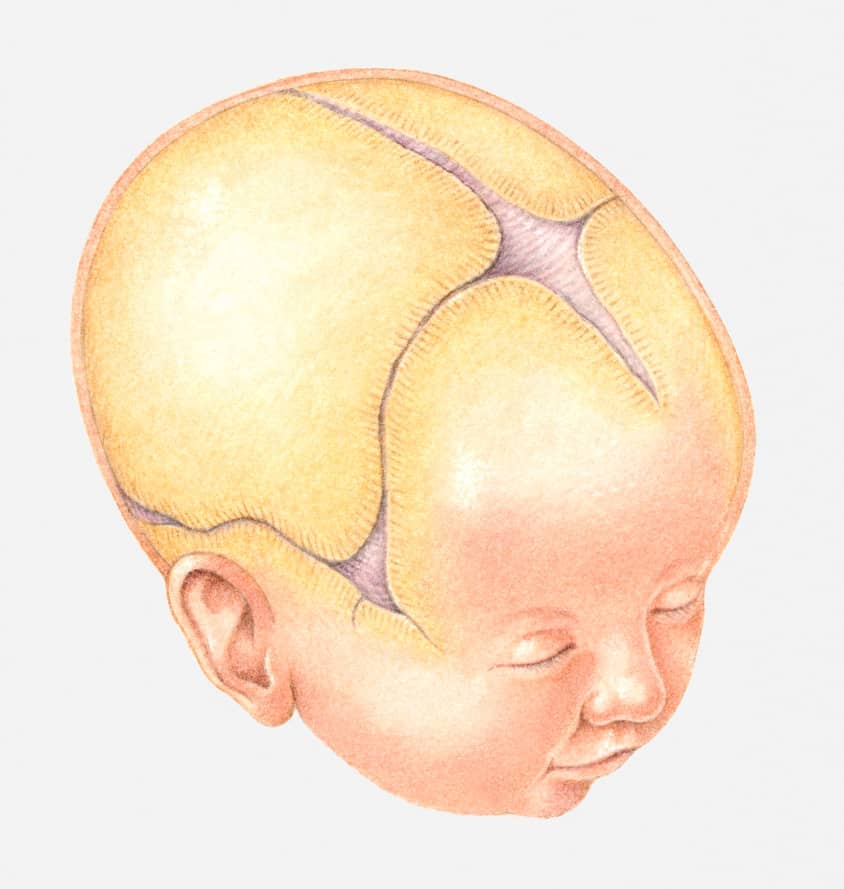What are the Early Pregnancy Signs and Key Symptoms to Watch For ? Early detection of pregnancy empowers women to seek timely prenatal care and make informed lifestyle choices. While only a medical-grade urine or blood test can definitively confirm conception, recognizing the most common early signs and symptoms helps you know when to take a test. Below, explore the key indicators—both well‑known and less obvious—that suggest pregnancy, and learn about reliable testing methods and when to consult a healthcare provider.
Early Signs and Symptoms of Pregnancy
1. Missed Period (Amenorrhea)
A missed menstrual cycle is often the first red flag, especially for women with regular periods. If your period is late by more than a few days, consider taking a home pregnancy test or consulting your doctor.
2. Nausea and Morning Sickness
Often beginning between weeks 4 and 6 of gestation, nausea—sometimes accompanied by vomiting—affects many women and can occur at any time of day. Though commonly called “morning sickness,” it may persist throughout the day and often eases by the second trimester.
3. Unusual Fatigue
Significant fatigue in early pregnancy stems from rising progesterone levels and increased metabolic demands. Feeling profoundly tired—even after a full night’s sleep—is a hallmark of the first trimester.
4. Breast Tenderness and Changes
Hormonal surges can make breasts feel swollen, tender or sore to the touch. You may also notice darkening of the areolas (the areas around the nipples) as your body prepares for breastfeeding.
5. Frequent Urination
An increase in blood volume combined with pressure from the growing uterus often leads to more frequent trips to the bathroom, including nighttime awakenings.
6. Implantation Bleeding
Approximately 6–12 days after fertilization, light spotting or pinkish discharge may appear as the embryo attaches to the uterine lining. This bleeding is usually lighter and shorter in duration than a normal menstrual period.
Other Possible Indicators
Mood Swings
Rapid hormonal changes can trigger mood fluctuations, ranging from irritability and tearfulness to sudden bursts of happiness.
Heightened Sense of Smell
Many pregnant women find themselves more sensitive to odors—pleasant or unpleasant—that previously had little impact.
Food Cravings and Aversions
Sudden, intense cravings for specific foods (or strong aversions to favorites you once enjoyed) are common and vary widely among individuals.
Digestive Changes: Constipation and Bloating
Progesterone relaxes smooth muscle throughout the body, slowing digestion and potentially causing constipation, bloating and mild abdominal discomfort.
Headaches and Dizziness
Early pregnancy headaches and lightheadedness may result from shifts in blood volume, blood sugar and hormone levels. Staying hydrated and resting when needed can help.
Mild Abdominal Cramping
Gentle cramps similar to menstrual cramps can occur as the uterus begins to expand and ligaments stretch.
Sustained Rise in Basal Body Temperature
If you track your basal body temperature daily, a prolonged elevation for more than 18 days after ovulation can signal pregnancy.
Confirming Pregnancy
Home Urine Pregnancy Test
-
Availability: Easily purchased at pharmacies or supermarkets.
-
Timing: Most reliable when taken at least one day after a missed period.
-
Instructions: Follow package directions carefully, and read results within the recommended time window.
-
Next Steps: A positive result warrants scheduling a prenatal appointment. If negative but menstruation remains delayed, repeat the test after 2–3 days.
Blood hCG Test
-
Performed by: Healthcare provider or laboratory.
-
Sensitivity: Detects lower levels of hCG than urine tests, allowing confirmation as early as 7–10 days post‑conception.
-
Quantitative Results: Measures the exact concentration of hCG to monitor pregnancy progression or investigate concerns such as ectopic pregnancy.
When to Consult a Healthcare Provider
-
Positive Home Test: Arrange prenatal care to begin essential screenings and nutritional guidance.
-
Negative Tests with Persistent Symptoms: Rule out other hormonal or gynecological conditions if signs of pregnancy continue without confirmation.
-
Severe or Worrisome Symptoms: Seek immediate care for heavy bleeding, intense cramping, fainting, severe headaches or high fever.
Frequently Asked Questions
1. What are the earliest signs of pregnancy?
Common early symptoms include a missed period, light spotting (implantation bleeding), breast tenderness, unusual fatigue and nausea. These signs can appear within the first few weeks after conception.
2. Can implantation bleeding occur before a missed period?
Yes. About 6–12 days after fertilization, you may experience light spotting or pinkish discharge as the embryo embeds in the uterine lining. This bleeding is typically much lighter and shorter in duration than a normal menstrual period.
3. When should I take a home pregnancy test for accurate results?
Home urine tests are most reliable when taken at least one day after your missed period, ideally using first‑morning urine, which contains the highest concentration of hCG.
4. How accurate are home urine pregnancy tests?
Most over‑the‑counter urine tests claim around 99% accuracy when used correctly—following instructions precisely and testing at the right time.
5. How soon can blood hCG tests detect pregnancy?
A quantitative (beta) hCG blood test performed by a healthcare provider can detect pregnancy as early as 7–10 days after conception and measures the exact level of hCG in your bloodstream.
6. How can I distinguish early pregnancy from premenstrual syndrome (PMS)?
Unlike PMS, early pregnancy may involve implantation spotting, a sustained rise in basal body temperature beyond ovulation, and persistent symptoms such as nausea or breast tenderness that extend past your usual cycle length.
7. What causes morning sickness, and when does it start?
Morning sickness—nausea with or without vomiting—is driven by rising pregnancy hormones. It often begins around week 4–6 of gestation, may peak around week 9, and usually improves by the start of the second trimester.
8. Is extreme fatigue normal in early pregnancy?
Absolutely. Elevated progesterone levels and increased metabolic demands in the first trimester often lead to profound tiredness, even after adequate rest.
9. Can I have negative pregnancy tests but still be pregnant?
Yes. Testing too early can result in false negatives because hCG levels may not yet be high enough to detect. If you still haven’t gotten your period, wait a few days and repeat the test or opt for a blood test.
10. When should I see a healthcare provider for early pregnancy concerns?
Schedule prenatal care promptly after a positive home test. Seek immediate medical attention if you experience heavy bleeding, severe cramping, fainting, intense headaches, or any other alarming symptoms.
